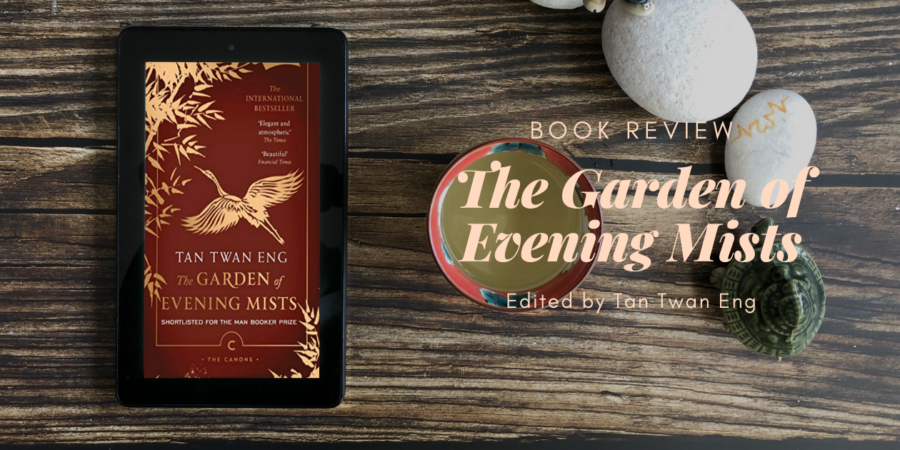This was the second book that my friend recommended. Since the first was Soul Mountain and I didn’t exactly have the best experience with it, I was a bit hesitant to pick up this. But now that I’ve read it, I feel like I’ve been scared for no good reason – this is a much better read (for me! because I’m really not a literary fiction type of person).
The Garden of Evening Mists follows Yun Ling as she moves back to the Cameron highlands. In the present, she’s a retired judge. In the past, she’s an angry young woman, scarred by her experiences as a guest of the Emperor (Prisoner of War) of the Japanese. Because Yun Lin is losing her memory to a disease, she’s compelled to put down her memories of her first stay at the highlands, and of her time as the apprentice to Arimoto, the man who was once gardener to the Emperor of Japan.
What impressed me the most about this book was its attention to detail. Some examples:
- Yun Ling correcting herself when referring to the Japanese. She uses the term “Japs” first and then quickly uses “Japanese”. I’ve actually had a lot of people tell me that “Jap” is not derogative, despite the Japanese people actually saying that it is, so it’s interesting to see this correction take place (also, that on some level, people know this is derogative, they just want to continue using the word)
- The citation of the Legend of the Water Margin as a text that had a great influence on Japanese culture – this fits in perfectly with what I’ve read.
- Depictions of tea in general. I don’t think I’ve tried tea from Cameron highlands that’s quite as good as what the book says, but other than that what they say about tea is pretty accurate.
There’s also an interesting depiction of racial tension and harmony in the same scene. One nice thing about the book is that the characters are truly multicultural – Yun Ling is Chinese and Arimoto is Japanese, while other characters are Boers, Malays, etc. Of course, these characters don’t get along all the time, but it’s significant that they come together over food, even when they’re debating among themselves.
I also really appreciated Yun Ling’s struggle in how she should think of the Japanese. She has good reason to hate them because of what they’ve done, but she also apprentices herself to a Japanese gardener because of the beauty of the gardens. Her struggle is pretty representative of how many people have had to struggle after World War II and wrestles with quite a few hard questions: Can you forgive someone who doesn’t ask for forgiveness? Can you still see the beauty in their culture?
Overall, I think this is a book that captures the struggle of post-war Malaya. The story isn’t too bad – there’s a plot about hidden Japanese treasures and why Arimoto disappeared – but I found myself more interested in the emotions of Yun Ling and the other characters and how they learn to work through it.
Featured Image: Photo by Me
